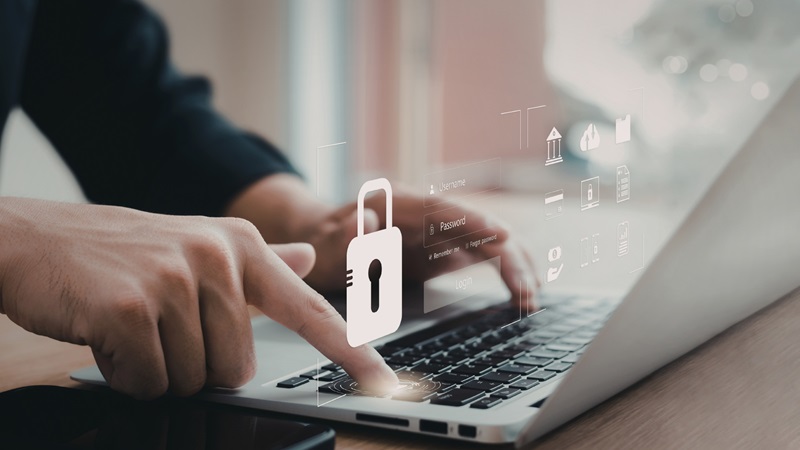Top tips for remote media interviews
With the shift towards more remote work during COVID-19, members of the media are increasingly relying on virtual interviews through platforms such as Skype and Zoom, as well as live or pre-recorded phone interviews to replace the in-person experience.
As with any media interview, it’s important to rehearse key messages and be prepared to navigate difficult questions. However, a remote interview comes with a different set of new challenges and considerations.
We’ve compiled series of tips to help guide your next remote interview.
Remote broadcast interviews (Via Skype, Zoom, etc.)
Pick the right setting. When setting up for your interview, choose a quiet space where you won’t be interrupted. Ensure the background isn’t distracting, there are no confidential items in view (trust us, we’ve seen it) and adjust the lighting by using a desk lamp or natural light to eliminate shadows. Be aware of children and pets who may want to make a guest appearance in the background.
Put your best face forward. Dress comfortably but professionally, and stick to solid, neutral colours (patterns can appear distorted on the screen). Adjust your camera so it meets your eye level and leaves you with a bit of headroom. During the interview, stay focused on the screen and try not to let your eyes wander. You won’t have the luxury of professional lighting and a seasoned camera operator, so get a second opinion from a friend or family member, if possible.
Be mindful of your body language. As with an on-camera interview, too many gestures will distract the audience from your key messages. Be aware of your body movements and ensure your gestures are comfortable and natural. Also be careful of quick movements – if your signal strength isn’t strong enough, you may end up jumping across the screen. Don’t be afraid to engage with the reporter and express emotions, but just remember that you are always on – so beware your “listening face.”
Test, test, test. Make sure you have the correct logins and passwords to access the virtual platform and conduct a test call with the producer or a friend to ensure your account is properly set up. Your PR team can also set up a practice call with the control room, to ensure your video and audio are working correctly. It's also a good idea to log in to the platform several minutes before the interview to give yourself time to get settled.
Phone interviews
Be expressive. Much of our communication is non-verbal, so it’s easy for emotions to get lost in a phone interview. During these types of interviews, remember to keep your energy level up and smile while talking. Standing during the interview is helpful for some but remember not to pace. Think about your tone of voice and speak with vocal projection and clarity.
Check your connection. With any remote interview, it’s imperative to ensure technology is on your side and you have a clear phone connection. If you’re dialing in from a cell phone, make sure you have a strong signal and don’t have any feedback or interruptions on the line. Your PR team can set up a test call with the producer/reporter to do an audio check in advance of the interview.
Know when to stop talking. Prerecorded interviews often have to be edited for time. Keep your responses fulsome and insightful, but brief. This will make the producer’s job easier if they need to clip the interview quotes or shorten the total length of the interview.
Have a key message “cheat sheet”. One advantage of conducting a phone interviews is the ability to keep notes and key messages in front of you. However, it’s best to summarize the key messages in your own words and use brief points that you can refer to. Do not read your notes word for word - it will become obvious and won’t make for a compelling interview – for you, the reporter and listeners.
Remote interviews provide an opportunity for journalists to connect with experts around the world. Although these interviews share many similarities to traditional media interviews, it’s important to keep the subtle differences in mind to ensure that every media opportunity is maximized.
At KLC, we’re currently conducting our own remote media training and refresher sessions. If you need help or coaching, please reach out.




































